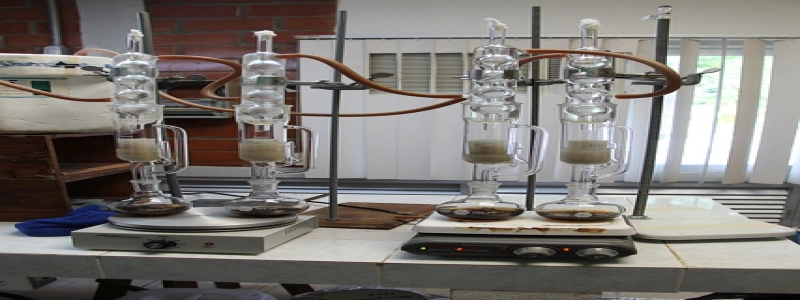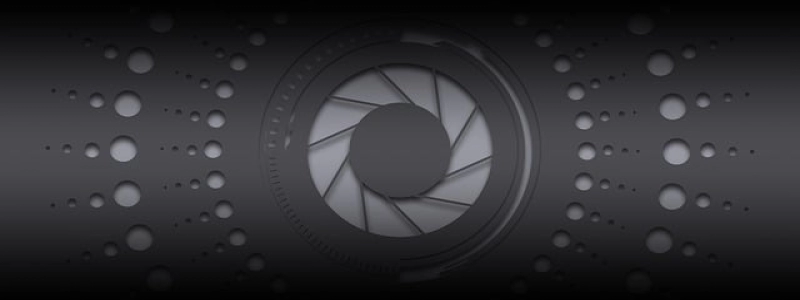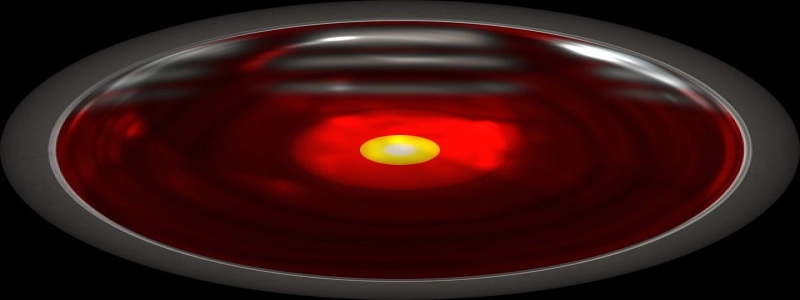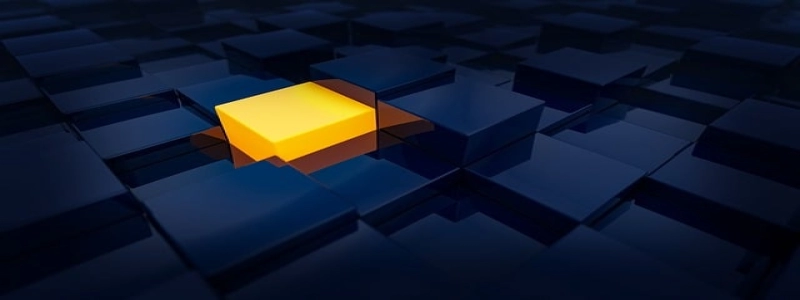Corning Fiber Optic Cables
I. Introduction
Fiber optic cables have revolutionized the telecommunications industry by providing faster and more reliable data transmission. Among the leading manufacturers in the field, Corning Incorporated stands out as a pioneer in the development and production of high-quality fiber optic cables.
II. Overview of Corning Incorporated
A. History
Corning Incorporated was founded in 1851 and has since become a global technology company. It has a rich history of innovation, with notable contributions in the fields of glass, ceramics, and fiber optics.
B. Focus on Fiber Optics
In recent decades, Corning Incorporated has shifted its focus towards fiber optics, leveraging its expertise in glass manufacturing. It has emerged as a key player in the fiber optic cable industry, constantly pushing the boundaries of what is possible in optical communications.
III. Types of Corning Fiber Optic Cables
A. Single-Mode Fiber Cables
Corning offers a range of single-mode fiber optic cables designed for long-distance communication. These cables have a small core, allowing for the transmission of light over great distances without significant signal loss. They are ideal for applications such as telecommunications networks and data centers.
B. Multi-Mode Fiber Cables
Corning also provides multi-mode fiber optic cables, which are suitable for short-distance communication. These cables have a larger core that allows multiple light rays to travel simultaneously. They are commonly used in local area networks (LANs) and other high-speed data transfer applications.
C. Specialty Fiber Cables
Corning has developed specialty fiber optic cables for specific applications. These include cables designed to withstand extreme temperatures, resist bending and crushing, and even survive in harsh environments such as underwater or outer space.
IV. Benefits of Corning Fiber Optic Cables
A. High Bandwidth
Corning fiber optic cables can transmit large amounts of data at incredibly high speeds. They offer significantly greater bandwidth compared to traditional copper cables, making them essential in supporting the demand for faster and more reliable communication.
B. EMI Immunity
Fiber optic cables are immune to electromagnetic interference (EMI), unlike copper cables. This makes them ideal for use in environments with high levels of electrical noise, such as manufacturing facilities or airports.
C. Security
Corning fiber optic cables provide a secure means of communication. Unlike copper cables, which can be tapped into and intercepted, fiber optic cables do not radiate any signals that can be easily intercepted, ensuring data confidentiality.
V. Conclusion
Corning fiber optic cables have revolutionized the telecommunications industry with their high bandwidth, EMI immunity, and security. As a leading manufacturer in the field, Corning Incorporated continues to push the boundaries of optical communications, providing innovative solutions for various industries.








